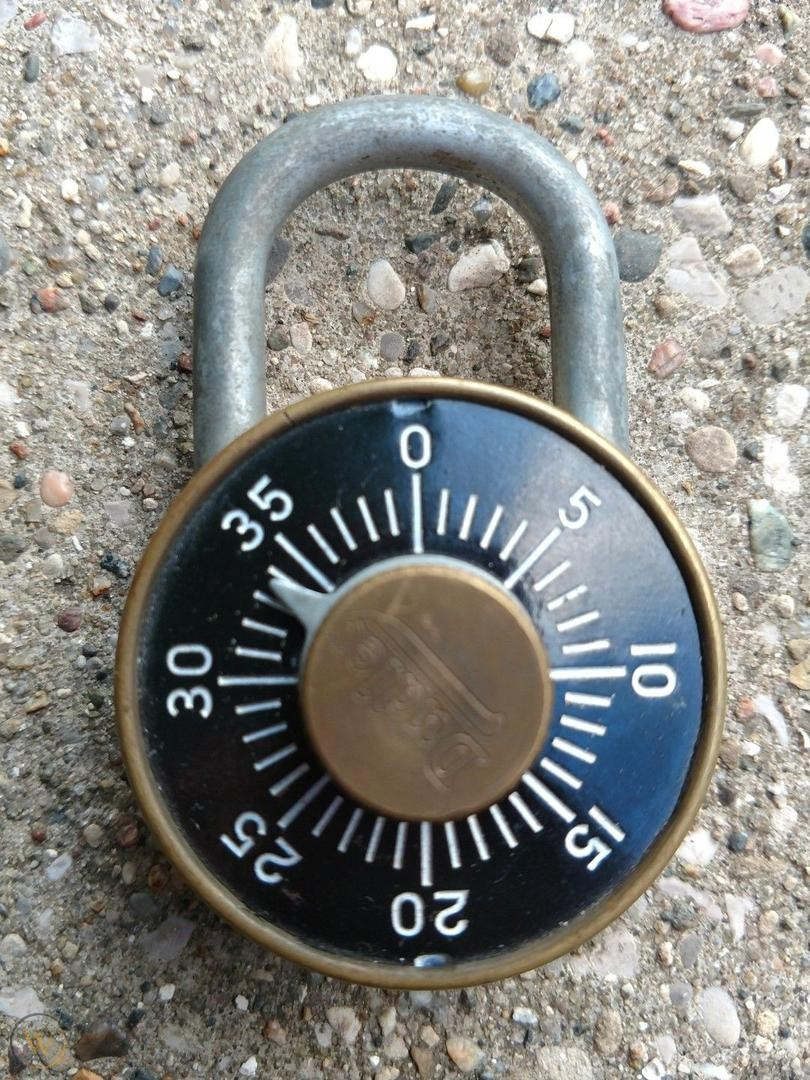With both boys now away at college the time finally came to purge two decades’ worth of clutter that accumulated while childraising left us no bandwidth to spare.
We’ve been making all sorts of discoveries among our long-forgotten belongings, including this: an outline that I wrote in early 2006 for a story about presidential politics.
- August 2006, Crawford, Texas: George W. Bush summons campaign advisors to his ranch. There is speculation that he is making succession plans and may appoint his brother Jeb VP. (But Jeb’s circle is not in attendance.)
- Right after Labor Day, word leaks: Bush may campaign again.
- White House Press Secretary Scott McClellan is evasive. “The Constitution does prohibit getting elected to more than two terms — but it doesn’t prohibit campaigning for a third term.”
- Democrats’ heads exploding. Negativity starts to erase gains going into the November congressional elections. The GOP retains a congressional majority.
- Republicans say the two-term limit is “our rule” in response to FDR, and is now “outmoded,” adding that the GOP deserves a three-term presidency because the Democrats had one.
- The GOP launches an effort to amend the Constitution.
- Bill Clinton promptly announces he’ll run for a third term.
- The GOP amends its amendment effort: only three consecutive terms are OK.
- The press attacks Clinton.
- Democrats attack the press.
- Hillary is pissed. This was supposed to be her turn.
- Numerous GOP challengers emerge, but self-destruct. (E.g., Giuliani over the Kerik affair.) Bush is the party’s best candidate going into the primaries.
- In the Democratic primaries it’s Bill vs. Hillary. They cancel each other out.
- Bush wins the election (amid questions over the vote).
- The Supreme Court rules the Constitution’s term limit rule is moot in this case, because enforcing it would undermine the will of the majority.
It’s a measure of how far the Trump presidency moved the Overton Window on constitutional abuses that this now reads as quaint satire. At the time I wrote it this would have been an all-too-plausible pulse-quickening nightmare.


